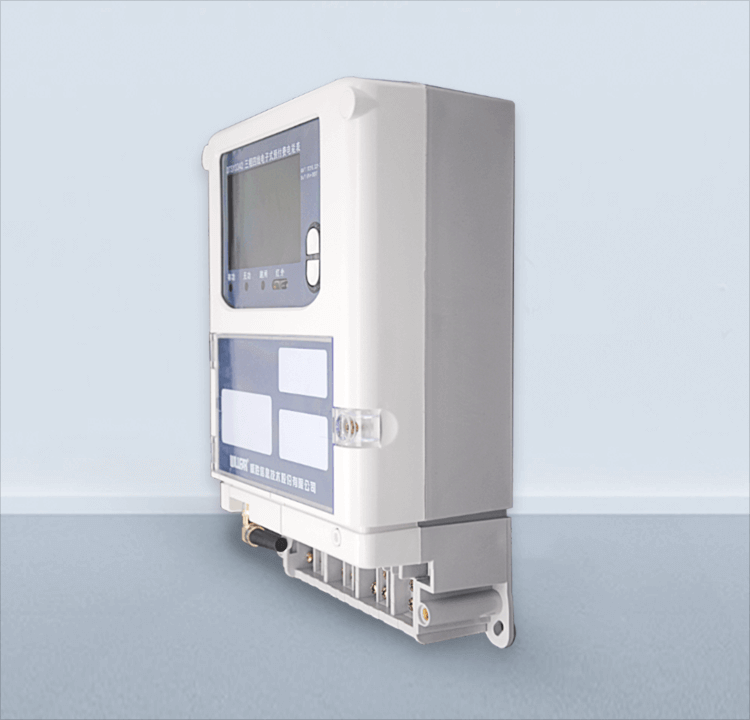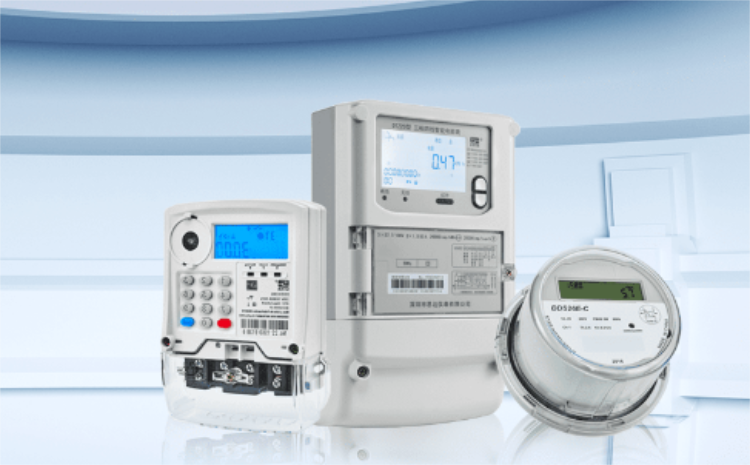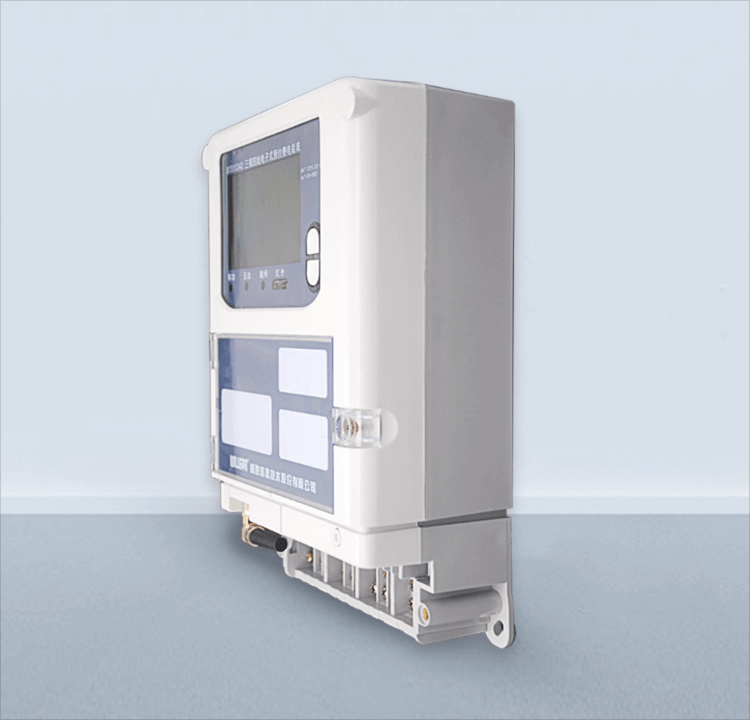Instrumentation PCBA refers to the assembly of circuit boards used in the field of instrumentation. It is one of the hardware platforms chosen by the instrument, which undertakes various testing and monitoring functions of the instrument, and outputs the collected data or signals to the instrument and computer system for processing.
There are many types of PCBA applicable to the instrumentation field, the following are a few of them:
- Sensor PCBA: This PCBA is usually used to test and monitor physical quantities such as temperature, humidity, pressure, and can convert the monitored signal into a digital signal output.
- Instrument testing PCBA: For specific instruments, usually specially designed test PCBA is used to test various functions, performance and parameters of the instrument.
- Control PCBA: This PCBA can control various functions of the instrument or perform certain operations, including switching, adjusting, switching, activation and other functions.
- Data acquisition PCBA: Data acquisition PCBA usually combines sensors, control chips, and communication chips in order to collect data from various instruments and output it to the instrument or computer system for processing.
The requirements that PCBA needs to meet include high precision, high stability, strong anti-interference ability, easy maintenance and debugging. In addition, the PCBA is designed to meet standards and specifications in the field of instrumentation, such as IPC-A-610 standards and MIL-STD-202.









